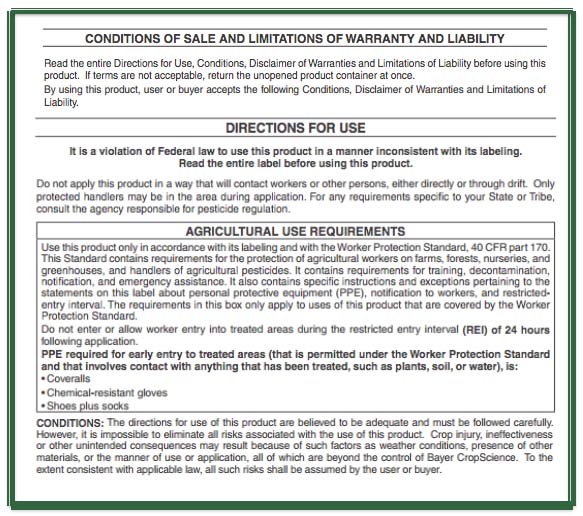Grower-PCA Communication is Critical
Grower-PCA Communication is Critical
By Laurie Greene, Editor
Emily Symmes, UC Cooperative Extension Integrated Pest Management Advisor, Butte County, is amazed at the professionalism of growers and Pest Control Advisors (PCAs). “I deal directly with growers and land managers, as well as crop advisors and pest control consultants” said Symmes, “and everyone has so much to do out there, so grower-PCA communication is critical. Sometimes it is amazing how they get it all done. I feel lucky, as I get to focus on the pest management and other production activities throughout the season,” she noted.
Symmes maintains there has to be a lot of communication back and forth between the growers and PCAs and herself. “And within each question there is a deeper conversation,” she elaborated, “but it can get lost in the shuffle of running from one thing to the next. Everything is very time sensitive in agriculture; we don’t have control over weather and things that tend to drive pest population cycles.”
“So within each of those key pest management questions, there is a subset of questions:
- How do we know that it is time?
- Are we doing the right thing at the right time?
- Are we using the right materials?
- Are we considering the big picture?’”
“The other big key ingredient is follow-up—evaluating:
- How did we do?
- Did the treatment work?
- Did it cause any potentially negative impacts that we weren’t aware of?
- Did we have to come back and do something additional (after-the-fact)?
- More questions about the treatment, time, and material.”

PCA Responsibilities (CA DPR)
And on any California Department of Pesticide Regulation (DPR) recommendation, there is a question before the last signature line, ‘Have you thought of any other alternatives before you make this application?’ IPM practitioners sometimes misunderstand this to mean, ‘Well they don’t want us to treat.’ But it is really an acknowledgement that we know how important all of our management tactics are,” Symmes noted.
“Cultural practices are important, pesticides are important, but knowledge is really the key ingredient. Growers and PCAs are knowledgeable, have explored the alternatives and know what is going on in this particular orchard block they are signing this legal document for. Honestly, I think we do a great job.”
“I think California has done a fantastic job with this,” said Symmes,”but is there room for improvement? I think there always is.”











